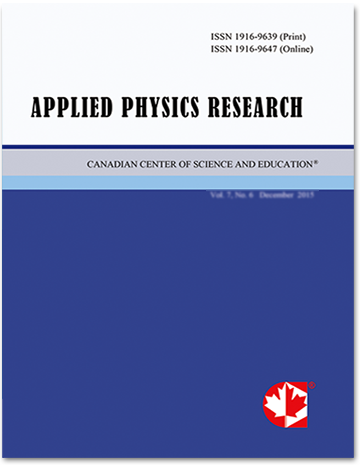Compressive Sensing Based Robust Signal Sampling
- Lianlin Li
- Fang Li
Abstract
Signal processing methods have been changed substantially over the last several decades. Traditional sampling theorem of Shannon-Nyquist states that the sampling rate must be at least twice the maximum frequency presented in the signal; however, sampling at the Nyquist rate is inefficient because the signals of interest contain only a small number of significant frequencies relative to the band limit, although the locations of the frequencies may not be known a priori. Recently, compressive sensing (CS) has made a paradigmatic step in the way information is presented, stored, transmitted and recovered, by which we can acquire and reconstruct sparse signals from sub-Nyquist incoherent measurements. Three key ingredients of successfully implementing compressed sampling technique are sparsible/compressible probed signal, reliable hardware design, and low-cost computational algorithm. In this paper, we focused on two aspects about the robust sampling of sparsible/compressible signal, in particular, the design of compressed sampling hardware and the robust reconstruction via sparse Bayesian analysis. Primary results showed the high performance of proposed strategies.- Full Text:
 PDF
PDF
- DOI:10.5539/apr.v4n1p30
Journal Metrics
Google-based Impact Factor (2017): 3.90
h-index (November 2017): 17
i10-index (November 2017): 33
h5-index (November 2017): 12
h5-median (November 2017): 19
Index
- Bibliography and Index of Geology
- Civil Engineering Abstracts
- CNKI Scholar
- CrossRef
- EBSCOhost
- Excellence in Research for Australia (ERA)
- Google Scholar
- Infotrieve
- LOCKSS
- NewJour
- Open J-Gate
- PKP Open Archives Harvester
- SHERPA/RoMEO
- Standard Periodical Directory
- Ulrich's
- Universe Digital Library
- WorldCat
Contact
- William ChenEditorial Assistant
- apr@ccsenet.org
